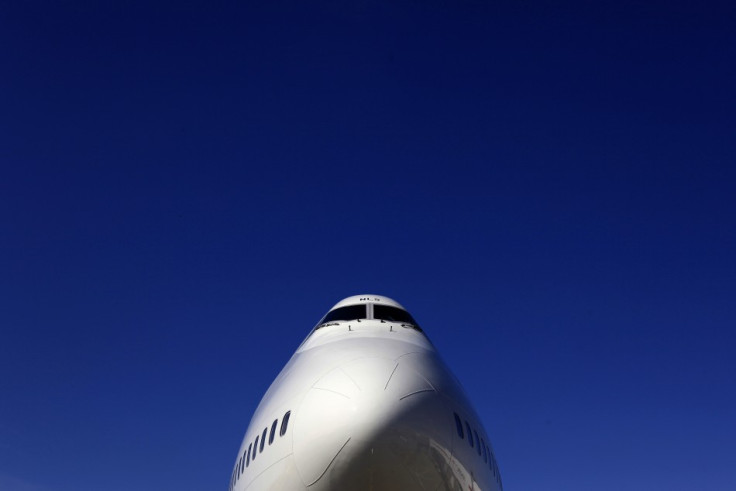Nigeria Threat to Ban British Airways, Virgin Atlantic over Discrimination

A diplomatic spat has erupted between Nigeria and Britain after the west African nation threatened to ban all foreign airlines operating in the country.
The federal government of Nigeria has given British Airways, Virgin Atlantic and all foreign airlines operating in the country a 30-day ultimatum to replace what it described as discriminatory policies.
The government complained Nigerian passengers are forced to pay fares that are much higher than other passenger in the West Africa sub-region for international flights.
"We are seriously concerned and worried by the reluctance to restore parity within the region by the foreign airlines. They have been using all kinds of delay tactics; this is unacceptable and will no longer be tolerated.
''Nigerian passengers do not deserve this kind of exploitation and we are willing and ready to stand up to their rights," Aviation Minister Stella Oduah said.
"In the interim, we encourage Nigerian travellers to avail themselves of other competitive alternatives while we try to address and resolve this issue once and for all," she added.
Oduah had already complained last year that BA flights between London and Nigeria were more expensive than flights covering a similar distance between Britain and Ghana.
Britain has now retaliated by warning Nigeria the move would only affect its long-term growth.
"It (the ban) would cause potential foreign investors to question whether they want to put their money in Nigeria and have a long-term and damaging effect on Nigeria's growth," a spokesperson for the British High Commission spokesman said.
"The Prime Minister and President Goodluck Jonathan signed a joint communique last year pledging to double bilateral trade. Action against BA and Virgin would damage that strategic aim," he added.
The spokesperson said only business and first class fares were more expensive to Nigerians than neighbouring countries due to the high demand for those seats.
© Copyright IBTimes 2025. All rights reserved.





















